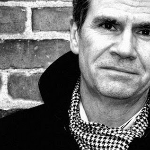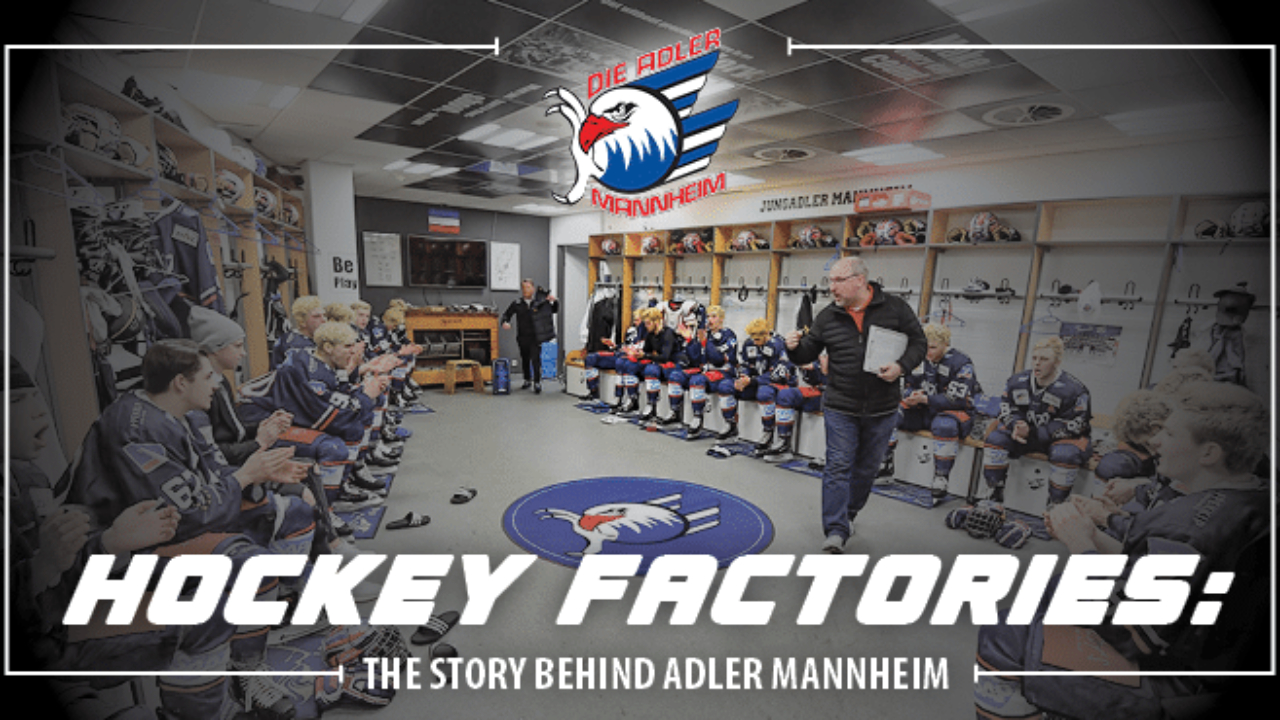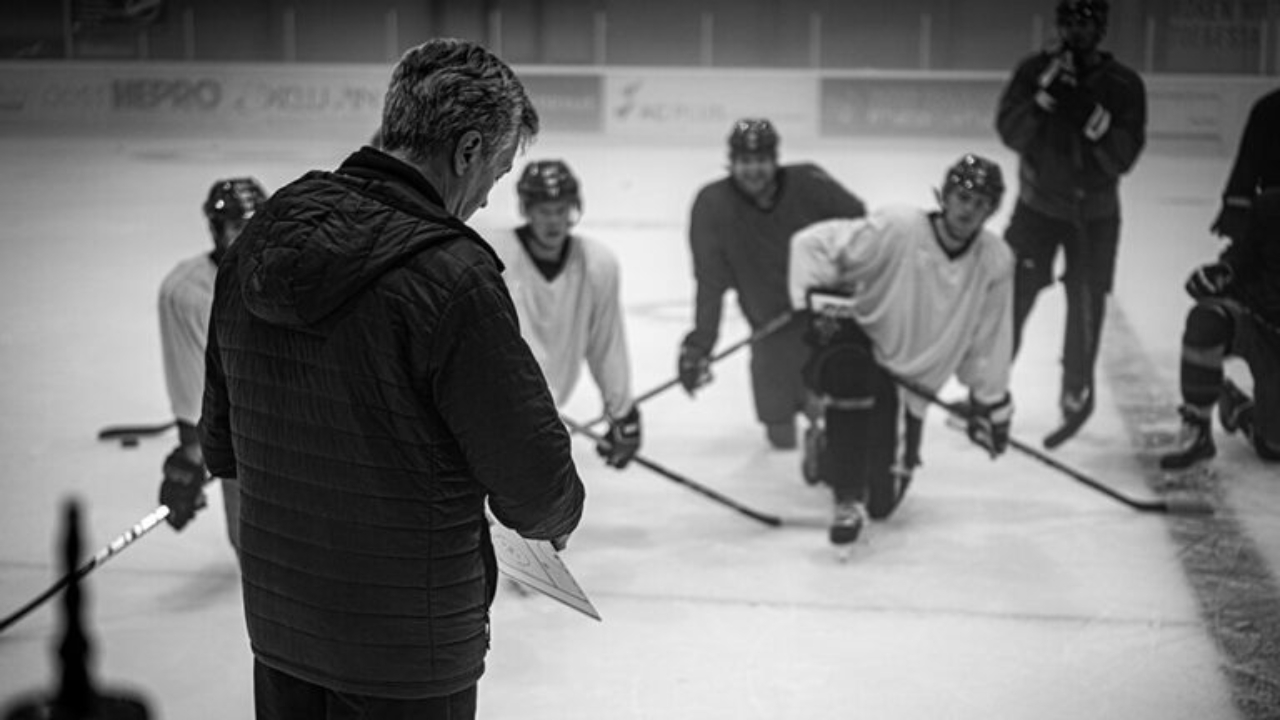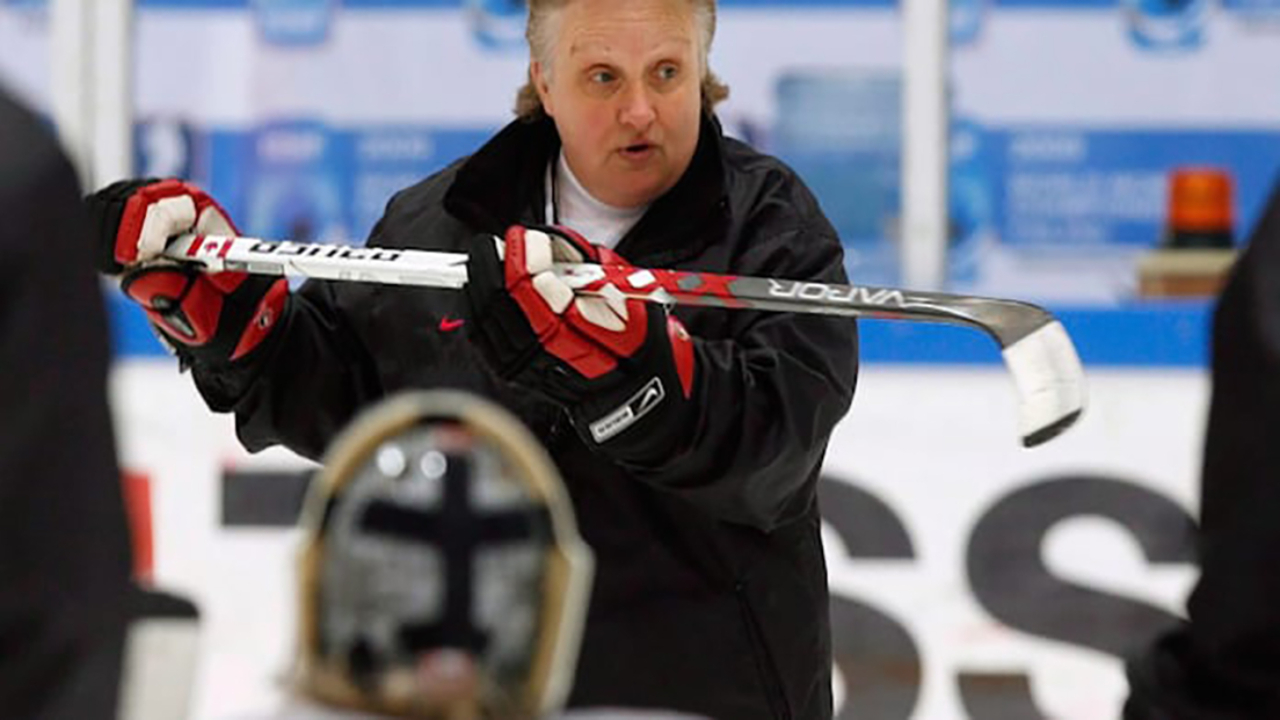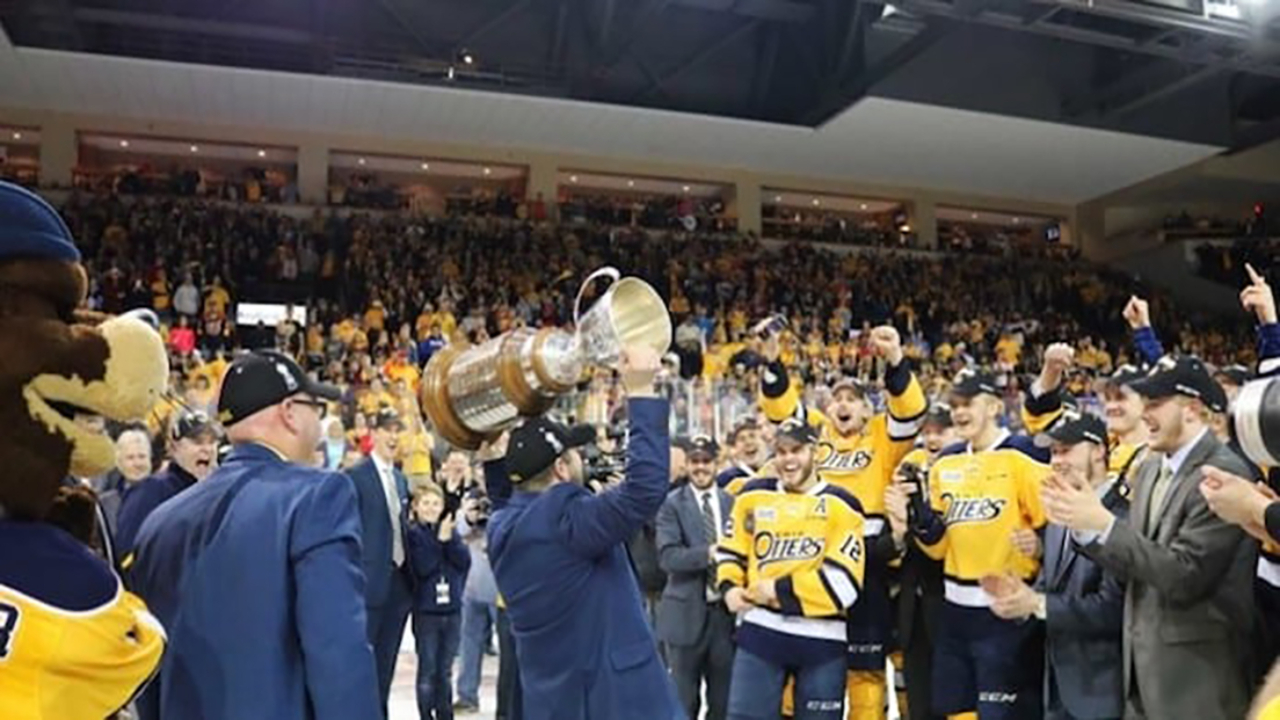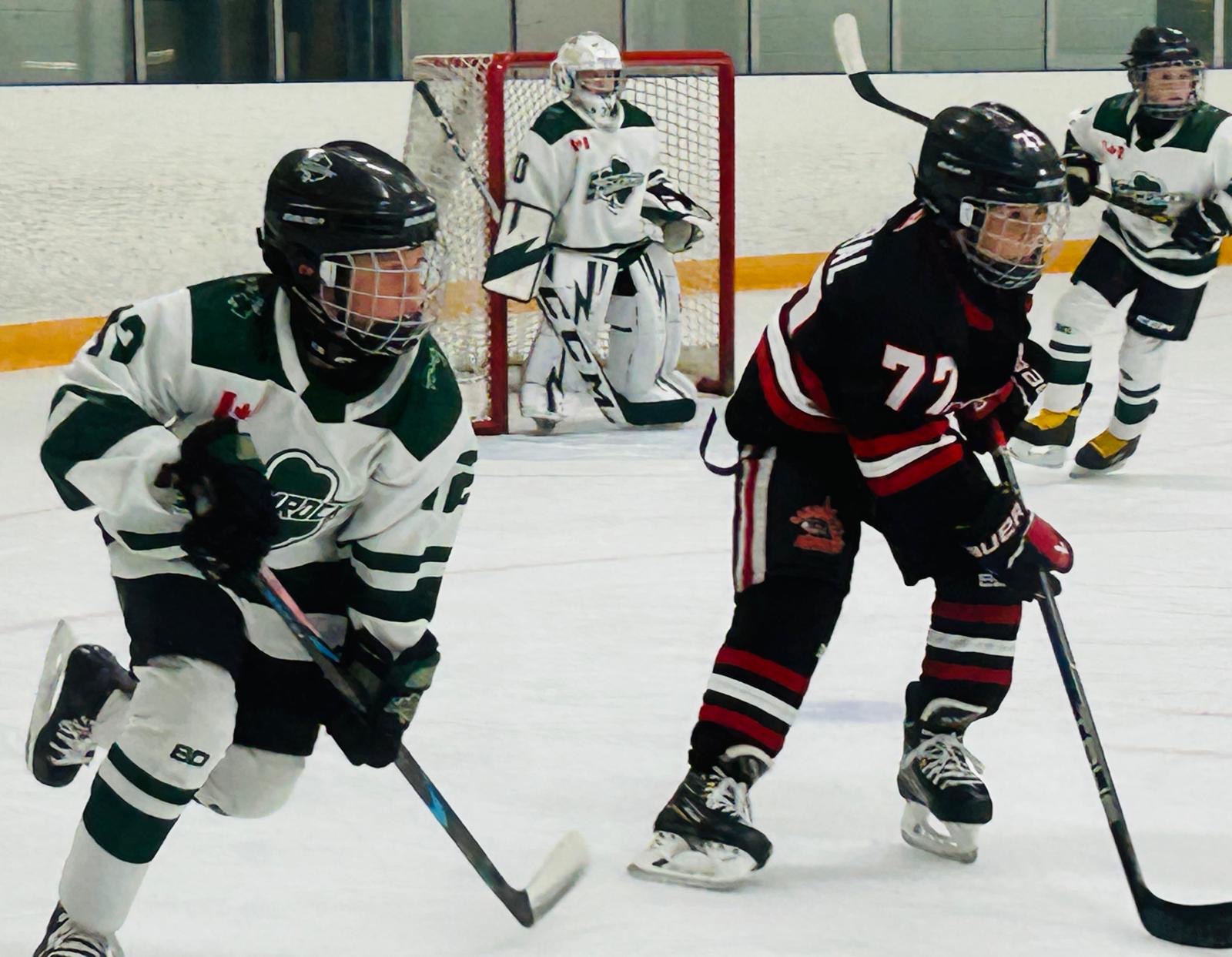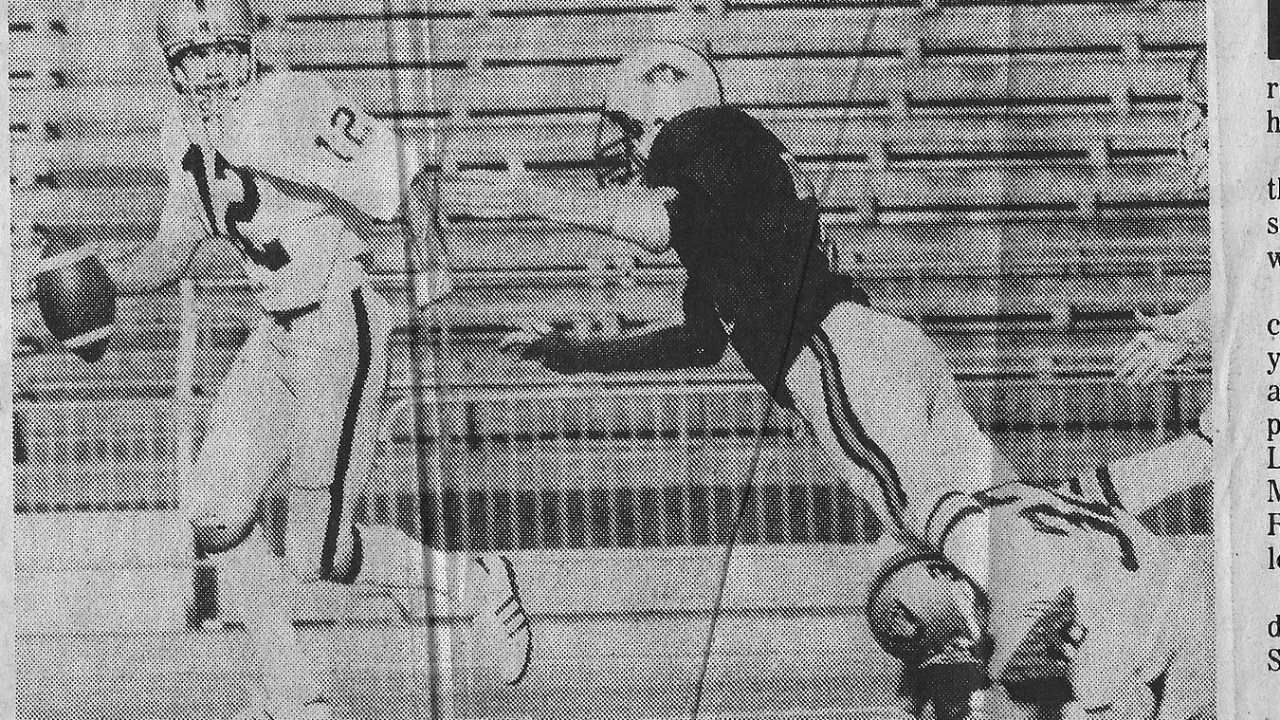
As a kid I played a lot of organized sports — soccer, baseball, rugby, lacrosse, hockey, and football — so naturally I’ve had a lot of coaches. Some of them were volunteer dads. Some were school teachers. Some were former pros. Some were highly experienced and trained. And while a few (too few) of them were good guys, one made the most positive and lasting impression on me.
When I was about 18 years old, as a rookie quarterback in the CJFL, I met the coach who gave me the foundation that I tried to take forward as I moved into coaching — and business — a few years later. What were the takeaways?
He cared. I always felt that he had my back, and that he had confidence in me. As a kid who’d only taken up football in the 11th grade, that gave me the confidence I needed to trust him and, as they say these days, ‘trust the process’. The following season, not only did I become the starter, but he let me call my 99% of my own plays. And together we won a provincial championship.
He never coached the obvious. When he told me that he’d ‘never coach the obvious’ I honestly didn’t know what he meant. But when he explained it, well it all seemed so… obvious. Many times I’d heard coaches say things that weren’t really coaching at all. “You need to complete that pass.” “You’ve got to make that block.” “You’ve got to be faster than that.” As if the players didn’t know all of those things already. As if we forgot. Instead, this guy focused 100% on trying to help me understand and correct either the mental or mechanical mistakes I’d made. He never resorted to blanket criticisms or dumbed-down statements, and I always listened to him, because what he said actually mattered.
He never used conditioning as punishment. As I’d moved into more ‘serious’ levels of various sports, I’d naturally experienced the kind of coaches who would have players run suicides for 15 minutes if they felt things weren’t going well in a practice. Or the guys who’d bag skate players for not immediately grasping a complex drill. ‘Old school’, they liked to call it. This particular coach had a degree in kinesiology, and he explained to me that ‘conditioning’ is what athletes should want to do. He knew that the psychological effect created in young athletes who equate extreme physical exertion with being punished for failure was the absolute last thing a coach should want to create.
He let me fail. Every athlete makes mistakes, and I know firsthand what it’s like to throw a pick-six and lose a game because of it. But the mental part of sport cannot be underestimated, and this coach was a master. He might have gotten this from someone else, but it was new to me: htold me early on, after one bad mistake: “When you throw the ball, three things can happen, and two of them are bad. But you’ve still got to throw the ball.” So that’s why I also know what it’s like to throw for 400 yards and four touchdowns in a championship game.
He communicated. This guy never yelled. He just gave me feedback. Good, bad, or otherwise, he always communicated with me with calm respect, almost as if I were his equal. Looking back all these years later, I have to say it felt like we were a two-man team, and he wanted us to succeed.
I feel incredibly fortunate to have played for that coach. I know he made me a better quarterback, but I also know that he shaped the way I’ve viewed coaching and coaches ever since. I have even more respect for him now that I’ve seen my own kids grow up with coaches who’ve employed various ‘styles’, some of which most definitely rubbed me 100% the wrong way.
What I forgot to mention is that he was not primarily a football player himself. He’d played a little as a kid, but had actually played junior hockey as a young man. But the fact is that I learned the most about myself as an athlete, about what it took to compete and fail and succeed at a pretty high level of football, and, at least in my view, about what it actually means to be a coach, from him.
In my opinion, his approach to coaching is coaching. Obviously.
